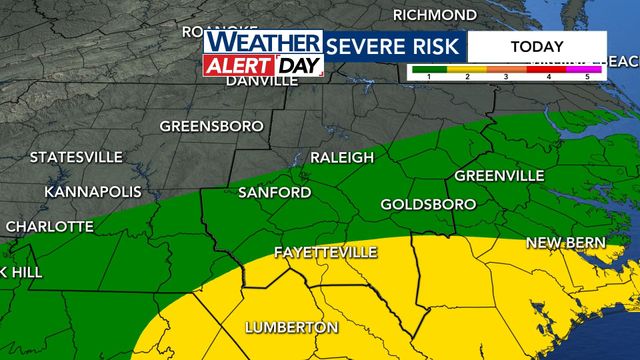UNC-CH launches aid program to help middle-class families

The University of North Carolina at Chapel Hill announced Friday a $20 million scholarship program to provide financial aid for undergraduate students from middle-income North Carolina families.
Chancellor Carol Folt unveiled the Blue Sky Scholars program during the annual University Day ceremony, honoring the 225th anniversary of UNC-Chapel Hill’s founding as the nation’s first public university.
UNC President Emeritus Erskine Bowles, a UNC-Chapel Hill alumnus, provided $5 million to start the program, and the university aims to raise an additional $15 million to expand it.
"This distinctive program expands Carolina’s commitment to excellent, affordable higher education for the hardworking people in our state," Folt said.
The program won't award full scholarships, but it will help cover costs for students from families who don't qualify for the school's Carolina Covenant program, which provides a debt-free degree for low-income students. It will provide $7,500 per year, plus $2,500 in annual work-study and a $2,500 one-time grant for studying abroad or doing an internship.
Middle-income students, classified as those whose household incomes average $75,000 per year, make up the majority of North Carolinians who receive need-based aid at Carolina, officials said. The average debt for the graduating class of 2017 was approximately $22,000 – 22 percent less than the national average – and officials said Blue Sky Scholars will graduate with debt of $10,000 or less.
"We want to recruit more of these promising, middle-income students and set them up to succeed while at Carolina and well beyond graduation," Bowles said. "Not only are we helping prepare tomorrow’s leaders, we’ll help them hit the ground running in a modern workforce and without burdensome college debt."









